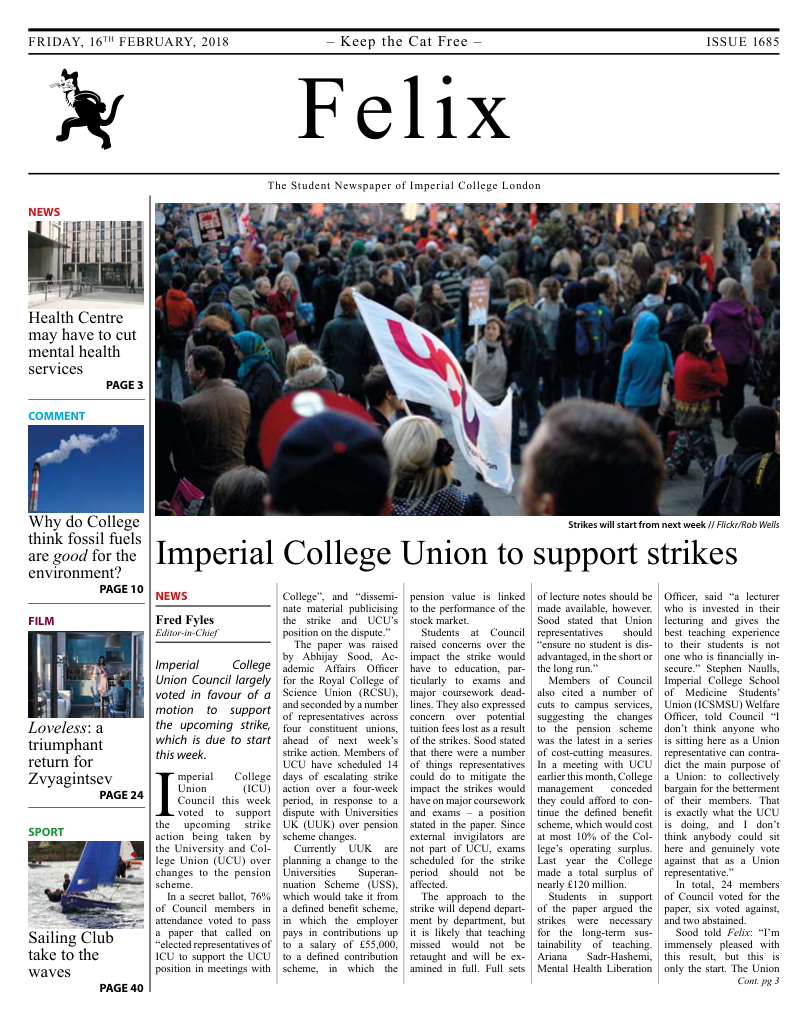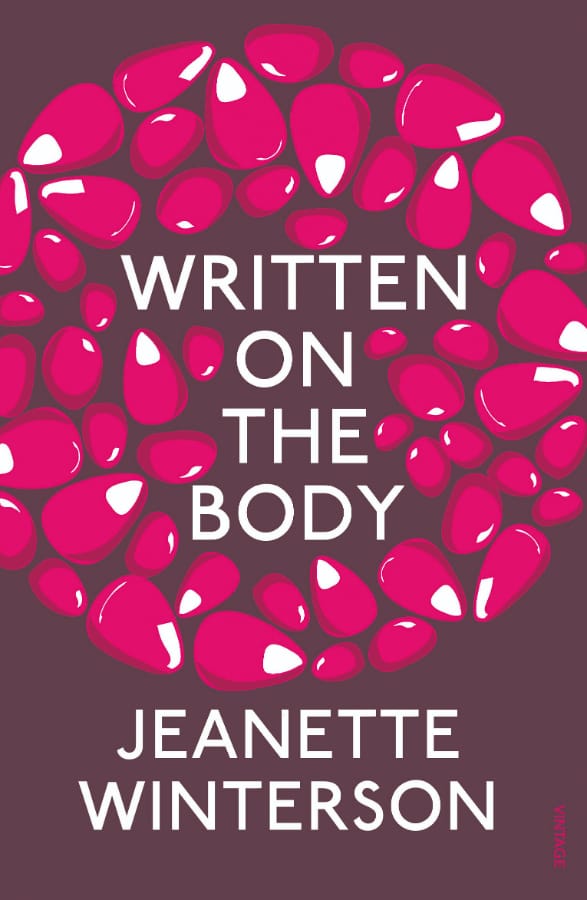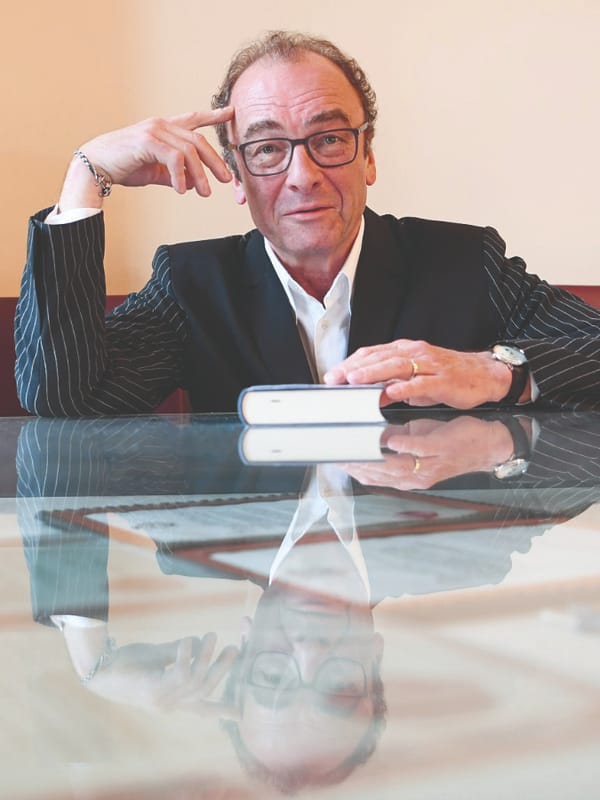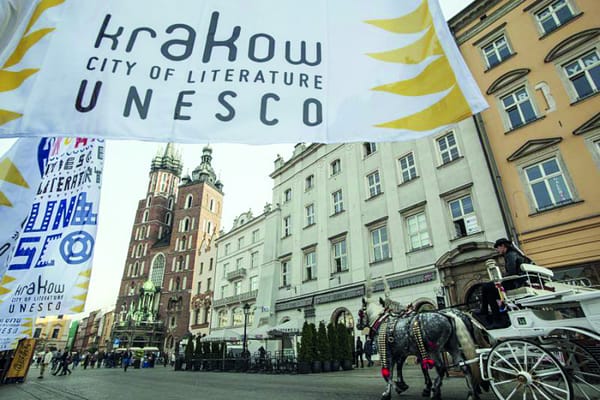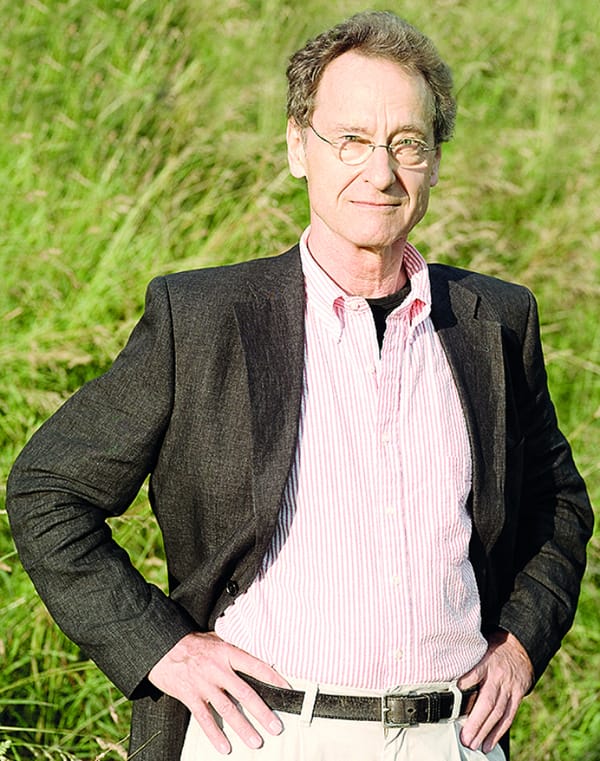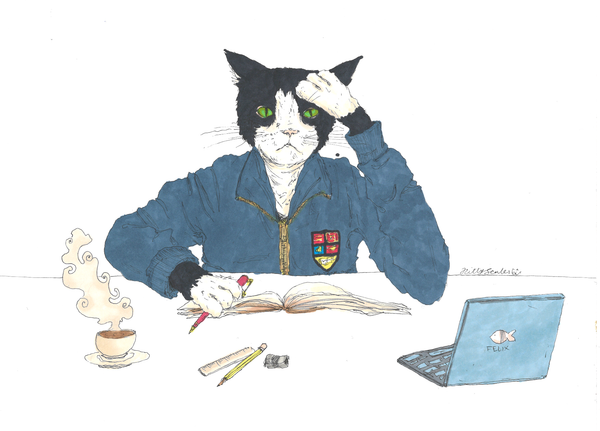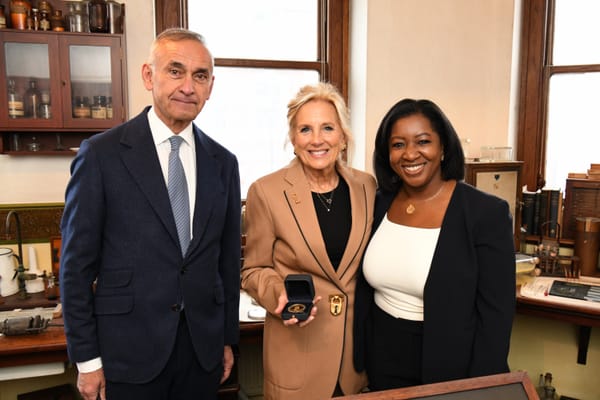The essential rainbow reading list
Arts Editor Indira Mallik brings us on a journey of queer literature that forms her ‘rainbow reading list’, as part of LGBT History Month here in the UK.

A lengthy reading list, I think, is a quintessential part of the coming out story of every bookish queer person. From tentative forays into Sarah Waters’s debauched Victoriana to focused study of Virginia Woolf’s fabulously winding sentences, we use books to try and find ourselves, to build a roadmap of how to be in the world.
One of the first queer books I discovered, and one that remains one of my absolute favourites is Alice Walker’s The Colour Purple. Spanning forty years, it tells the story of Celie, a girl married off to a man many years her senior, who is forced to live a life of abuse, drudgery, and quiet desperation. Celie’s misery is interrupted by the arrival of Shug Avery, a glamorous singer who is the object of Celie’s husband’s affections. Shug and Celie improbably begin an affair, marking a turn in both their fortunes. In a story otherwise full of heartbreak, the relationship between the women is a bright spark of joy. Written largely in the first person in the form of Celie’s confessional letters to God, Walker’s novel covers faith, racial injustice, and the power of female solidarity.
“Maggie Nelson’s writing on life and death sing on the page in her The Argonauts”
In many ways, queerness is incidental to The Colour Purple, taking a backseat to the humanist philosophy that Walker wants to convey; this is not the case in Maggie Nelson’s The Argonauts, which places the complexities of queer life at its heart. Part-essay on queer politics and the patriarchy, and part memoir, in this magnificent book Nelson describes the period in her life where her partner Harry came out as trans and began testosterone treatment. By examining her struggle to square her identity as a lesbian woman with Harry’s journey, Nelson explores the confines of a heteronormative society. It is a fascinating look at gender and sexuality and how little both matter in the face of individual, personal attraction. Some of the most powerful passages in the book come later on: as Nelson falls pregnant after a lengthy IVF process, Harry’s mother becomes terminally ill, and Nelson’s writing on life and death sings on the page. Addressed to Harry throughout, who appears as the ubiquitous ‘you’, The Argonauts is an erudite, lyrical, and deeply moving love letter.
Hailed as a pioneer of queer literature, and certainly one of the first to weave a trans narrative, few novels explore evolving relationships and a life in flux with greater verve than Virginia Woolf’s Orlando (which is also incidentally considered a love letter – Woolf wrote the novel with Vita Sackville-West in mind). Orlando follows the life of an Elizabethan courtier born a man who then wakes up a woman and goes on to charm her way through 300 years of English history. Written in Woolf’s characteristic gorgeous, sweeping prose, Orlando, quite apart from having a plot filled with twists, is a joy to read.
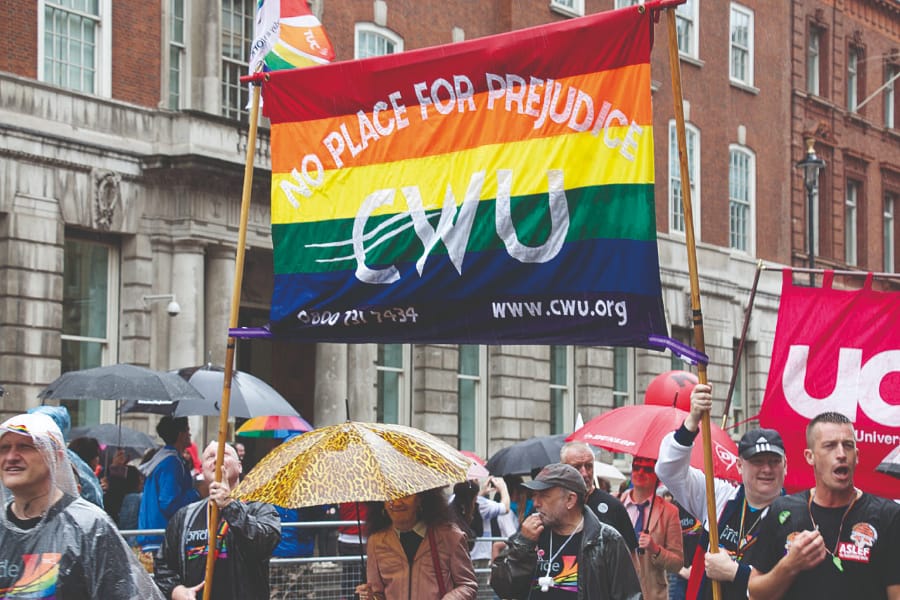
Patricia Highsmith is known for her sparse, detached writing as much as Woolf is known for her generous turn of phrase. Yet in The Price of Salt, the book later adapted by Todd Haynes as the movie Carol, Highsmith’s arch, incisive writing is winningly romantic – “happiness was like a green vine spreading through her, stretching fine tendrils, bearing flowers through her flesh.” It tells the story of young shop assistant Therese, and the love that develops between her and an older woman, Carol, whom she encounters by chance at a department store. The Price of Salt is one of the rare breed of queer novels that ends happily.
“Many of the best of the queer canon have found critical acclaim on the big screen”
Certainly there is no such comfort in reading Christopher Isherwood’s A Single Man in which George, a gay Englishman living in Los Angeles, struggles with depression after the death of his partner. Isherwood’s prose is heart wrenchingly poignant in its simplicity: “think of two people, living together day after day... in this small space...bumping against each other’s bodies by mistake or on purpose...in rage or in love – think what deep though invisible tracks they must leave, everywhere, behind them!”
A Single Man became a film of the same name in 2009, and indeed thanks to Hollywood many of the best of the queer canon have found critical acclaim on the big screen, from Annie Proulx’s short story Brokeback Mountain, originally published in the New Yorker in 1997, to Sarah Waters’s Fingersmith, which was transposed to Korea in The Handmaiden, all the way to André Aciman’s Call Me by Your Name, hearteningly, queer stories are becoming more and more accessible. There has never been a better time to discover and fall in love with LGBTQ literature.

